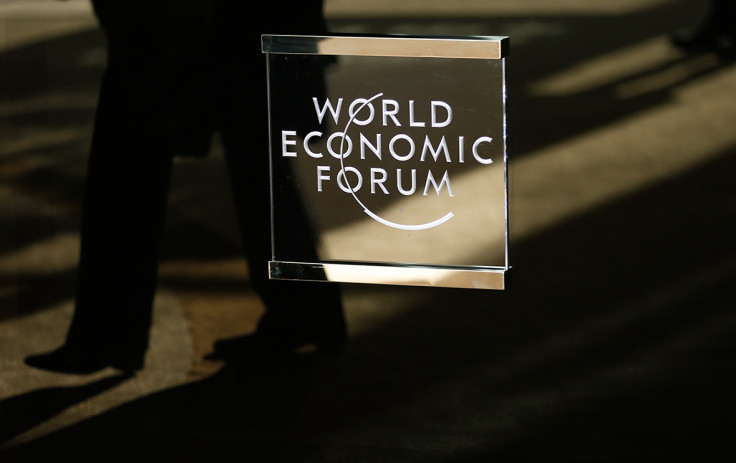Davos warned over weaponisation of IoT technology
Companies focusing on innovation at expense of consumer security.

Household Internet of Things (IoT) devices risk being weaponised, delegates at the World Economic Forum Global Risks Report launch have been told.
Experts warned that technology companies are focusing on innovation at the expense of cybersecurity. John Drzik, President of Global Risk and Specialities at Marsh, said there was a possibility now that cybercriminals could hack a smart thermostat. It raises the risk that hackers could be able to turn up the heating until their occupants paid a ransom to unlock it.
"You think what could be done with smart thermostats if you have malicious aim in life. It's beyond science fiction now, it's happened," said Drzik.
"Manufacturers aren't thinking about cybersecurity when they are building [a device]. They are thinking: 'How are I going to connect this to the Internet and supply the convenience to the household and make sure the thing works.' They weren't thinking 'I've just widened the attack surface in this household for cybersecurity.' That's where there is a governance gap right now."
Drzik said automated cars was another sector where risk was not being considered."'Say if automated cars reduce the number of car fatalities on US roads from 40,000 to 20,000. You are not going to get 20,000 'thank yous' as a result. With machine error rather than human error, who owns the liabilities?"
The same problem applies to use of commercial drones, he added. 'What if one of these things flies around and crashes into you. Who is responsible? Is it going to be the company using it? The company that built it? The software developer who built the intelligence within it? It's unclear right now. You have these black box decision-making things that you are using somewhere in your business. Who is responsible? It could be whomever has the deepest pockets. And that's where if you're a big business you really have to worry. It may not be your technology. It doesn't matter, they [third-party companies] are using it. And so, it's a little unclear.'
The world's most pressing risks will be discussed at the WEF annual forum in Davos between 17-20 January. The report warns of the potential risks associated with letting greater decision-making powers move from human to AI programmes – and the impact of this technology on employment.
But Drzik said it was important not to let concerns over risk cloud the potential of AI in terms of reducing cost and buying productivity.
He pointed to moves by global miner Rio Tinto in Australia using trucks controlled 750 miles away from where there are being used, adding that AI is already having an impact in white-collar industries too.
"You think about machine-learning algorithms making better credit decisions for banks, making better underrating decisions for insurance companies. But also healthcare. You've seen demonstrations of great AI – diagnostic tools that can diagnose mental problems by bringing together patterns from a richer dataset that any individual doctor is going to have.
"So it's fantastic stuff. Maybe this technology has the potential to diagnose some disease that you or I may have – that no doctor can get to because they haven't seen it before; but somebody has the world has, and it's been built into their database. And the AI does it."
© Copyright IBTimes 2025. All rights reserved.






















